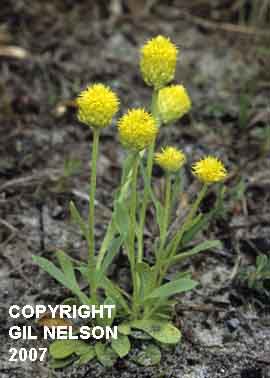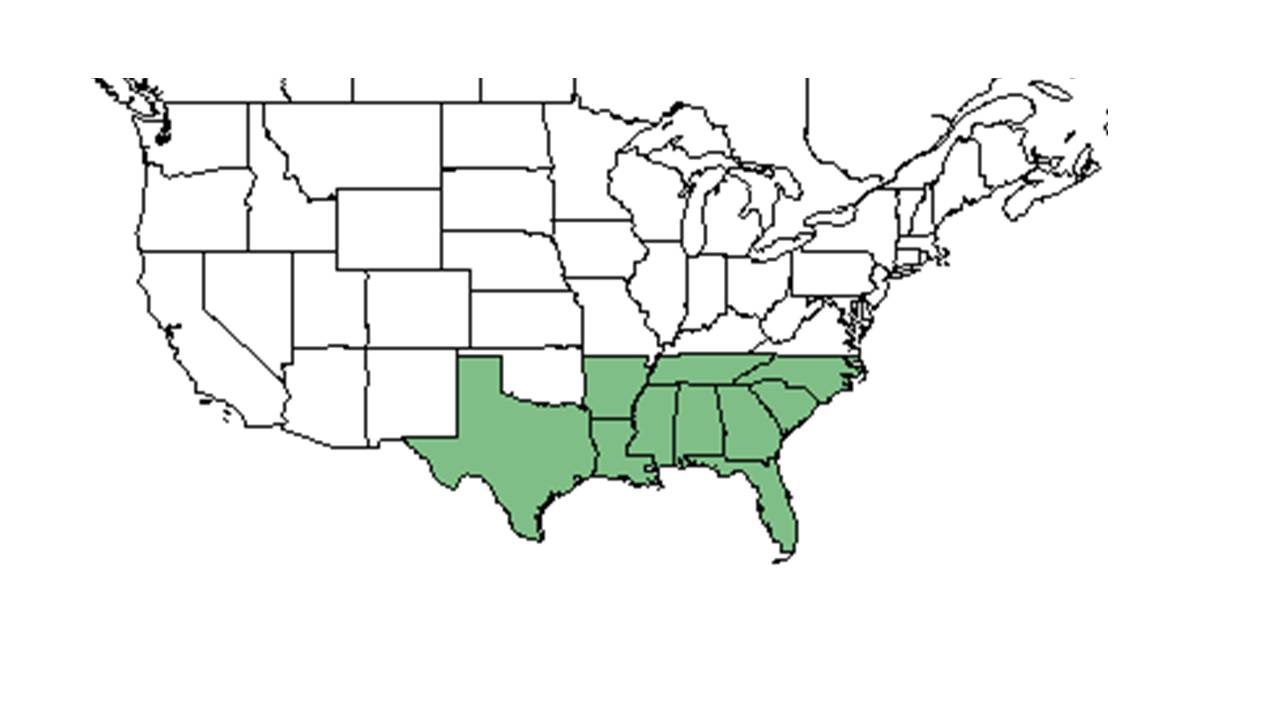Difference between revisions of "Polygala nana"
KatieMccoy (talk | contribs) (→Ecology) |
KatieMccoy (talk | contribs) (→References and notes) |
||
| Line 40: | Line 40: | ||
==Photo Gallery== | ==Photo Gallery== | ||
==References and notes== | ==References and notes== | ||
| + | Florida State University Robert K. Godfrey Herbarium database. URL: [http://herbarium.bio.fsu.edu http://herbarium.bio.fsu.edu]. Last accessed: Collectors: States and Counties: Compiled by Tall Timbers Research Station and Land Conservancy. | ||
Revision as of 12:27, 6 October 2015
| Polygala nana | |
|---|---|

| |
| Photo taken by Gil Nelson | |
| Scientific classification | |
| Kingdom: | Plantae |
| Division: | Magnoliophyta – Flowering plants |
| Class: | Magnoliopsida – Dicotyledons |
| Order: | Polygalales |
| Family: | Polygalaceae |
| Genus: | Polygala |
| Species: | P. nana |
| Binomial name | |
| Polygala nana (Michx.) DC. | |

| |
| Natural range of Polygala nana from USDA NRCS Plants Database. | |
Common name: candyroot
Contents
Taxonomic notes
Description
Distribution
Ecology
Habitat
This species has been found in open, well-drained wiregrass-pine flatwoods and interdune swales growing on both dry and moist sands (FSU Herbarium). Observed species in sandhill longleaf pine habitat that has 1 to 3 year fire return intervals. Also seen near cypress pond, about 1 to 2 feet from water’s edge of Pebble Hill Plantation C plots. (Michelle M. Smith – early summer 2014 and 2015).P. nana has also been found growing along the sides of highways and in the wetlands of clear cut areas (FSU Herbarium).
Phenology
Seed dispersal
Seed bank and germination
Fire ecology
Pollination
Use by animals
Diseases and parasites
Conservation and Management
Cultivation and restoration
Photo Gallery
References and notes
Florida State University Robert K. Godfrey Herbarium database. URL: http://herbarium.bio.fsu.edu. Last accessed: Collectors: States and Counties: Compiled by Tall Timbers Research Station and Land Conservancy.